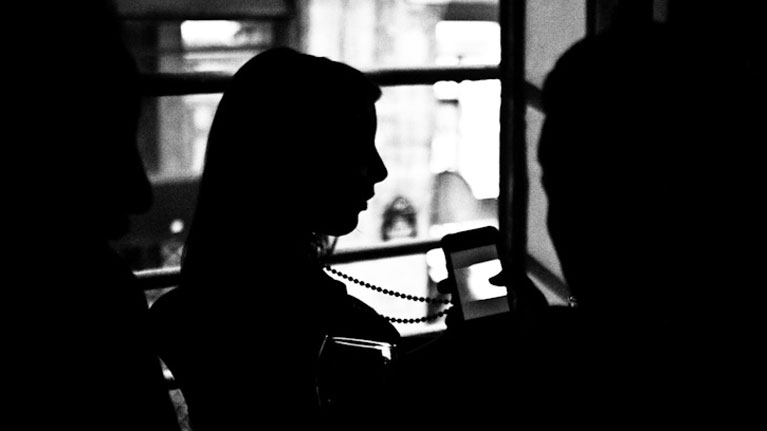
The criminal offences that can be included under the umbrella term ‘domestic abuse’ have been in the news recently, not least because of the proposals to add those convicted of them to the offenders who must sign on to the violent and sexual offences register.
The passing of the Domestic Abuse Act 2021 will undoubtedly result in a greater focus on the topic, and more cases being charged as such, particularly as the CPS have classified instances of domestic violence being “amongst the highest priority of cases”.
Domestic violence can cover a range of offences. Some of these are now more typically covered by the offence of controlling and coercive behaviour. Others include offences against the person, up to and including murder, stalking and harassment, sexual offences and distribution of images.
However, the overlap between these potential offences can lead to inconsistent charging decisions as between what seem to be similar cases. There is CPS guidance on this which is worth reviewing if you are involved in any of these types of cases.
Our suggestions regarding defending someone accused of a domestic abuse offence
If you are defending someone charged with a domestic abuse offence, the following points might assist:
1. The Defendant and the complainant need to be ‘personally related’. There is a comprehensive list of how this issue is proved in section 2 of the Act. This is significantly wider than those caught under the definition of controlling and coercive behaviour.
2. The type of abuse is broadly defined: physical, sexual, violent, threatening, controlling or coercive, economic, psychological, emotional, ‘or other’.
3. A child (under 18) who simply witnesses domestic abuse is deemed to be a victim, and this will aggravate the offence.
4. The Restorative Justice programme is rarely going to be used in domestic abuse cases.
By definition there will almost always be applications for Special Measures, including s.28.
5. These cases often involve Family Court proceedings. Whilst not re-litigating those (be they public or private), it is vital to explore issues of disclosure from that Court fully. The police have a duty to do so, but it may well be wise to check with the Family lawyers. However, remember that any material cannot be used in the Criminal proceedings without the express permission of the Family Judge.
7. Similarly, telephone and social media evidence ought to be requested. This might not include wholesale disclosure, but undoubtedly the Defendant can assist in honing any application for particular material.
8. On conviction there will almost always be an application for a Restraining Order. The terms of such an order need to be scrutinised carefully. They might prejudice a Defendant in any parallel Family Court proceedings.
Rarely – although it does occur – a Defendant will disclose an intention or wish to harm their former partner. Sometimes these are hollow words, but equally sadly sometimes aggressor will carry out their threat. If you have a concern, please seek guidance from your professional body as to what to do.
Many of the family and criminal barristers at Westgate Chambers have extensive experience in both defending and prosecuting domestic abuse cases. If we can assist and support you, please contact us today.
Leave A Comment